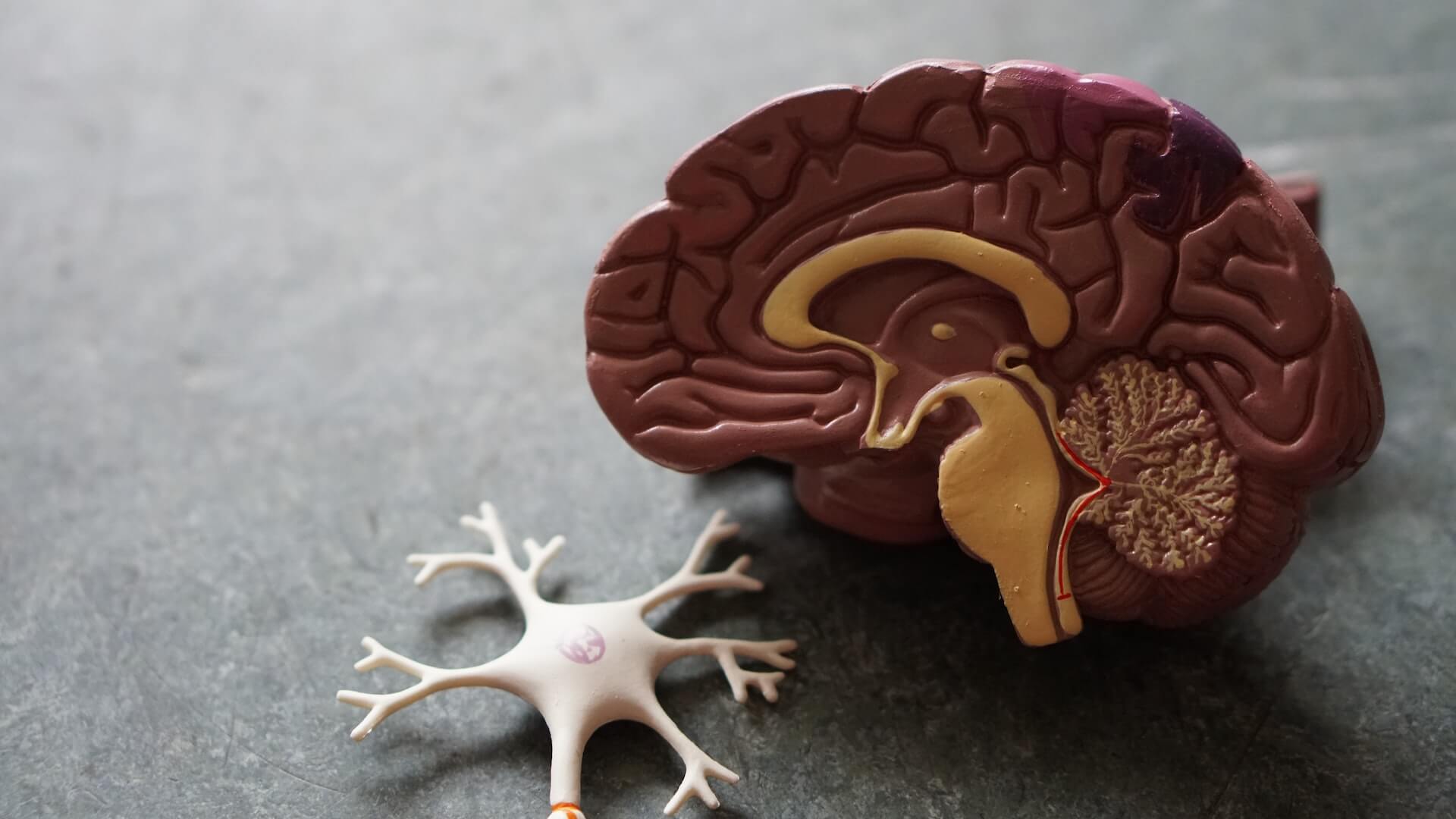At first glance, the gut and brain seem as close as our planet and the moon. Sure, the brain is vital for our mental health, and we can argue that it dictates many processes in the body.
But being connected to the gut?
The truth is, your brain is connected to your gut, and the two can influence one another more profoundly than we imagine.
Let’s see why that is.

How Are the Brain and Gut Connected?
The gut-brain axis refers to the communication network between the gut and brain (1). It consists of three primary things:
- Vagus nerve
- Gut microbiome
- Neurotransmitters
Vagus Nerve
The Vagus nerve is the largest and strongest connection between the gut and brain, sending signals in both directions (2). This ‘highway’ between the stomach and brain appears essential because any interruption of the signals can lead to gastrointestinal issues (3, 4).
Gut Microbiome
The gut microbiome refers to the collection of trillions of microorganisms inside the gut (5). Among these, we have bacteria (good and bad), fungi, viruses, and more.
Interestingly, the composition of microorganisms inside the gut appears to impact how the brain works. For example, researchers claim that our nutritional choices can alter our gut microbiome, dictating future eating behaviors (6). The more you consume a specific food, the more you increase the population of bacteria that feed on the particular food. As a result, you’re more likely to crave the food in the future (7).
Neurotransmitters
Neurotransmitters are the third strong link between the gut and brain. These chemical messengers play numerous essential roles in the body, and certain neurotransmitters (such as serotonin) contribute to feelings of happiness and well-being (8, 9).
Interestingly, most of the serotonin we produce occurs in the gut, not the brain (9). Gut microbes also produce an inhibitory neurotransmitter called GABA (gamma-aminobutyric acid). It plays a role in reducing anxiety and fear during periods of significant neuron excitement (10).
What Does All of That Mean for Us?
Researchers are yet to paint a complete picture of the link between the gut and brain. However, even the limited evidence we have is enough to suggest that our gut plays a vital role in brain and mental health (11). Many of the conditions – anxiety and depression being two of the big ones – are quite prevalent today. As such, taking good care of our gut health is vital for our overall health and well-being.
Here are three simple steps you can take to better gut health, starting today:
- Consume more fermented foods, including cheese, yogurt, and kefir (11).
- Supplement with omega-3 fatty acids, or increase your intake of fatty fish, including salmon, herring, and mackerel (12).
- Boost your intake of fibrous foods, including most fruits, veggies, nuts, and seeds (13).
Conclusion
Few people ever consider the connection of gut health on the brain and mental health. However, an ever-growing body of research points at one simple idea.
Our gut might turn out to be the core of our health. The complex gut microbiome impacts numerous systems in the body and determines how we behave and feel.
Luckily for us, taking better care of our gut health isn’t that complicated. It comes down to making small and conscious choices that lead to better outcomes down the road. The three steps from above are a great start for everyone to learn more about gut to brain connection.
Read More Our Articles : Benefit of Exercise on The Brain Health







